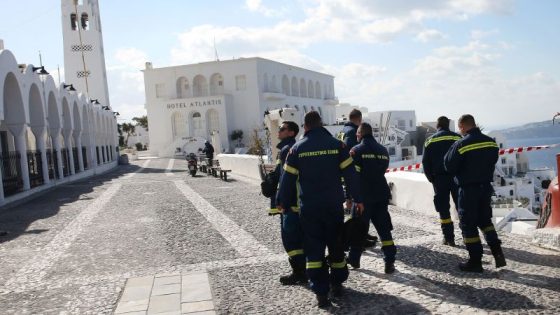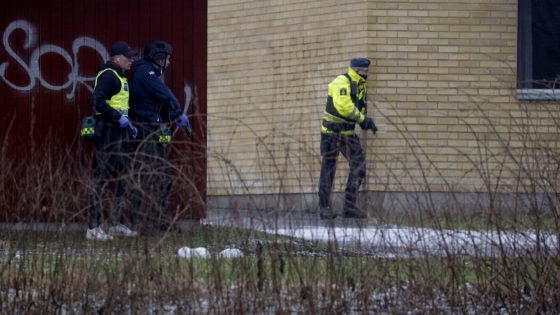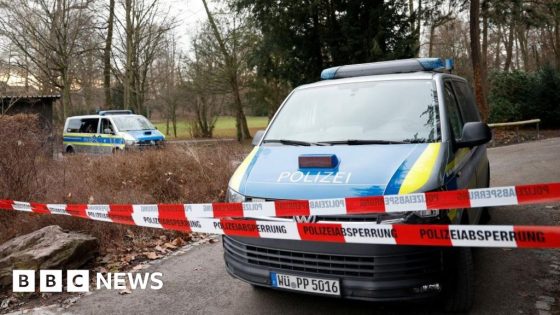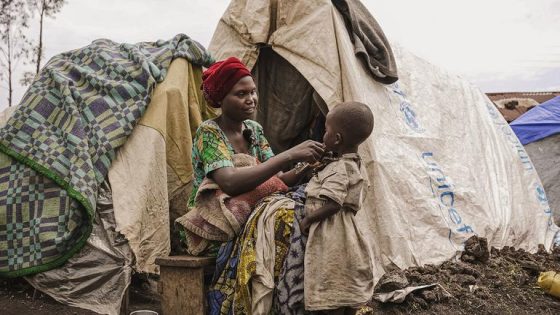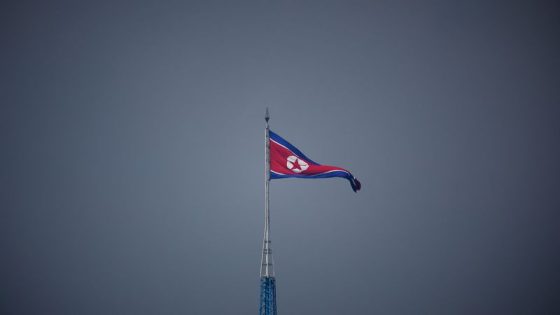A state of emergency has been declared in Santorini, Greece, following a magnitude 5.2 earthquake on February 6, 2025. This quake is the strongest recorded amid ongoing tremors that have led to the evacuation of approximately 11,000 people from the island, which is a popular tourist destination.
- State of emergency declared in Santorini
- 5.2 magnitude earthquake recorded on Wednesday
- 11,000 people evacuated from the island
- Additional flights arranged for evacuations
- Precautions taken against potential large-scale earthquake
- Santorini's geological history linked to volcanic activity
The recent seismic activity in Santorini has been notable, with hundreds of tremors occurring over the past week. The Greek Civil Protection Ministry announced the state of emergency to facilitate response efforts, which will remain in effect until March 3. The island, known for its stunning caldera and tourism, has seen its population significantly reduced as visitors and residents seek safety.
Key details include:
- Magnitude of the recent quake: 5.2
- Estimated number of evacuees: 11,000
- Normal ferry services resumed after initial disruptions due to high winds
Despite the strong tremors, no major damage has been reported so far. Authorities are taking precautionary measures, anticipating the possibility of larger earthquakes. Prime Minister Kyriakos Mitsotakis has urged citizens to cooperate with emergency services as the situation develops. Santorini, located near the intersection of the African and Eurasian tectonic plates, has a history of seismic activity, but the current intensity is unusual.
The last significant earthquake in the region occurred in 1956, with a magnitude of 7.5, resulting in fatalities and injuries. This historical context underscores the importance of preparedness in the face of natural disasters.
The situation in Santorini remains fluid as authorities continue to assess the risks associated with ongoing seismic activity. The declaration of a state of emergency reflects the seriousness of the situation and the need for coordinated response efforts.



